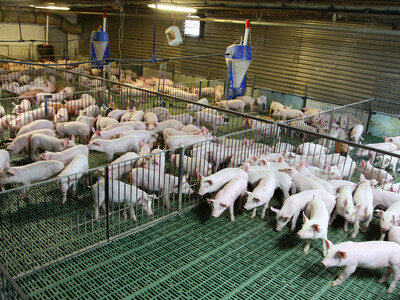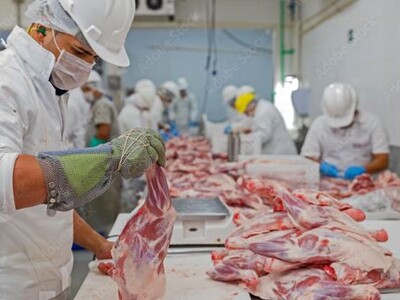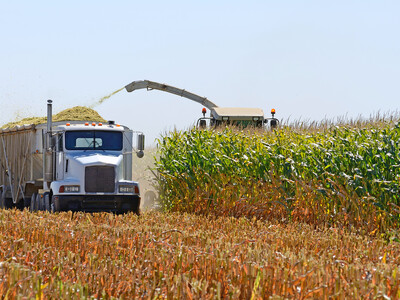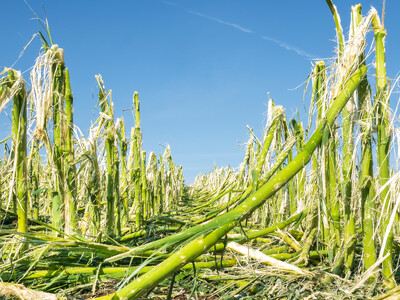Climate Bill Needs Work
Climate Bill Needs Work. I’m Greg Martin with today’s Line On Agriculture.
Climate change is one of the hot topics awaiting the senate when they come back to Capitol Hill after the August recess. American Farm Bureau chief economist Bob Young has been crunching the numbers to see how this sweeping legislation could affect
YOUNG: This is a bill that because it’s as broad and far-reaching as it is will without a doubt have unintended consequences. So we’ve been really trying to look at it from just as many different angles as we possibly can.
Young points out that one big concern is that expected projections within the bill are based on very rosy assumptions.
YOUNG: The proponents of this bill, when they talk about what the cost of the bill is going to be, tend to talk about what happens if everything happens just perfectly. If those things don’t come to pass, and there are lots of reasons why you think they might not come to pass, then the cost of this bill’s going to go up a lot, easily three times the cost.
And there are important questions about the impact of encouraging farmers to sequester carbon.
YOUNG: Probably the most effective way that that happens is you stop planting corn, you stop planting soybeans, you stop growing cotton and you start growing trees. Some analysis that EPA has done would suggest upwards of 50 million acres coming out of crop production and going into tree production. You know, you take 50 million of land out of agriculture tomorrow and you’re going to have a very substantial impact on commodity prices.
Young talks about big assumptions that are made within current climate change legislation.
YOUNG: The proponents of the bill make assumptions that everything is going to happen just exactly the right way and if everything happens exactly the right way then we end up with a bill that doesn’t cost the general economy that much. It’s still a significant amount; don’t get me wrong, but not that much. So the question becomes what happens if you start relaxing some of those assumptions. If you start to say, well what if you don’t build a bunch of nuclear power plants? Then the cost of electricity goes up substantially. The cost of generating electricity goes up substantially. The cost to consumers of electricity goes up substantially and you get a very different result.
YOUNG: What you’re doing here is creating effectively a new a new demand for the use of agricultural land and that new demand would be to sequester carbon. Today we plant for the 12 major crops about 255 million acres. So if you take 50 million acres and decide to go plant trees on those 50 million acres your ability to respond to a drought or whatever is going to be substantially curtailed and it’s going to take you years to be able to recover from something like that, whereas today you know you can shift production to this, you can shift production to that and you can kind of recover in a matter of two years at most.
That’s today’s Line On Agriculture. I’m Greg Martin on the Northwest Ag Information Network.

















